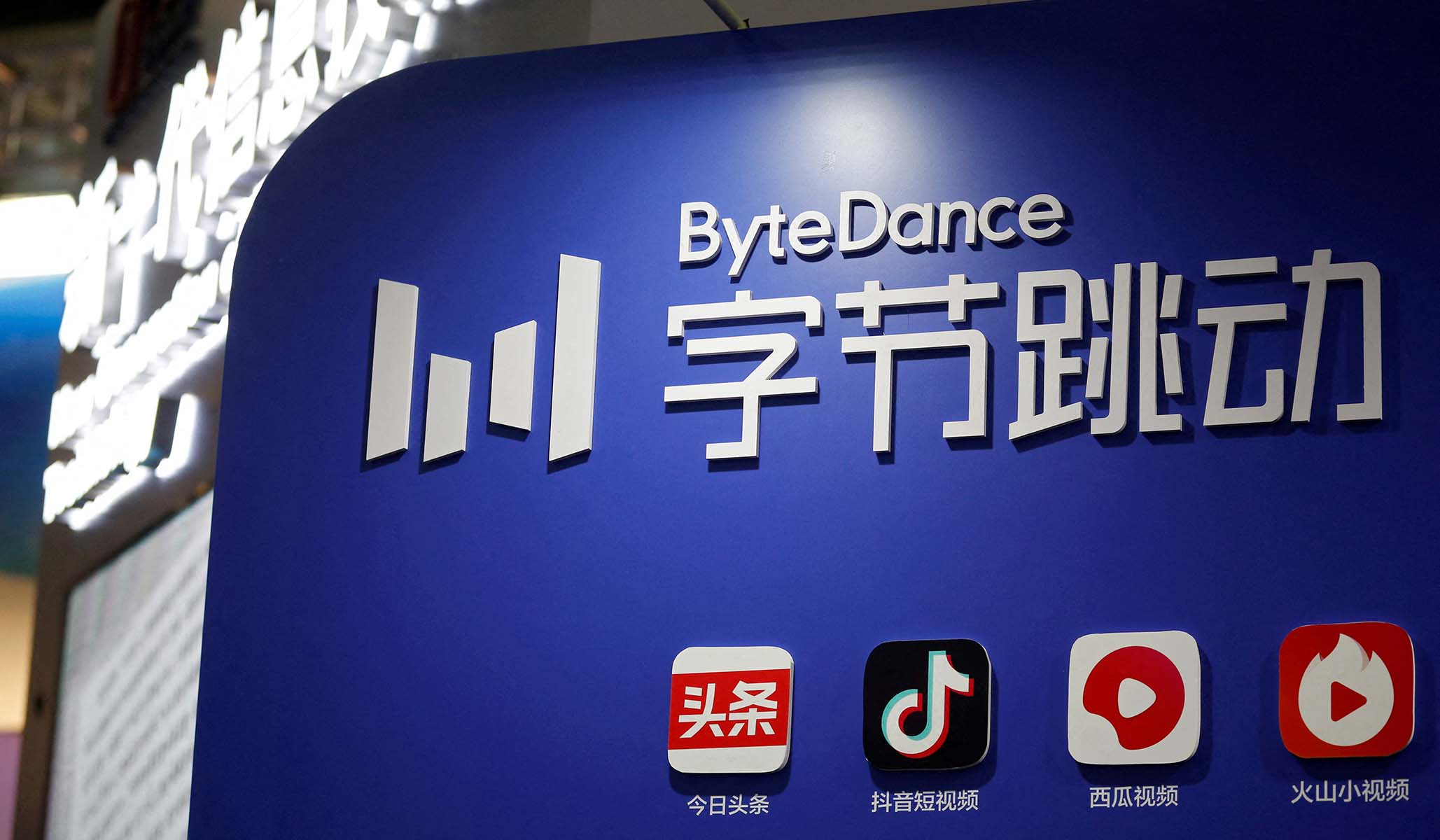


A former executive at ByteDance has alleged in a wrongful-termination lawsuit that the company’s subsidiary, TikTok, is a “useful propaganda tool for the Chinese Communist Party.”
Yintao Yu was head of engineering for ByteDance’s U.S. operations from August 2017 to November 2018. He has claimed in a lawsuit filed in San Francisco Superior Court that he was fired because he raised concerns about the company’s schemes to steal and profit from intellectual property from other companies, the New York Times reported on Friday. Yu is demanding earnings, punitive damages, and 220,000 ByteDance shares that had not vested by the time he was sacked — shares that would be worth tens of millions.
The former executive alleged in his filing that ByteDance’s Beijing office had a unit of Communist Party members known as “the Committee” that “guided how the company advanced core Communist values” and possessed the ability to turn off its Chinese apps entirely. “The Committee maintained supreme access to all the company data, even data stored in the United States,” read the complaint.
TikTok CEO Shou Zi Chew appeared in March before the House Energy and Commerce Committee to answer the growing concerns of lawmakers that the social-media platform poses a national-security risk. In the face of a possible ban, Chew has proposed a $1.5 billion plan nicknamed Project Texas, which would purportedly have the company wall off U.S. operations, with all data being stored here. U.S. company Oracle would have the ability to access TikTok’s algorithms in order to flag issues for government inspectors.
However, lawmakers viewed the plan with a great deal of skepticism. The committee’s ranking member, Representative Frank Pallone Jr. (D., N.J.), said he thinks “the Beijing Communist government will still control and have the ability to influence what you do.”
Yu claimed in his lawsuit that the geographic location of the servers is unimportant because engineers would still have “backdoor” access to user data.
The executive has alleged additional wrongdoing by the company, which he says has a “culture of lawlessness.” The lawsuit claimed engineers openly promoted anti-Japanese sentiments on the company’s platforms and demoted support for pro-democracy protests in Hong Kong.
He said TikTok sought to attract users early on by copying videos and posts from Snapchat and Instagram without permission. According to Yu, the company also created an army of bots to boost engagement numbers. He raised concerns about the practice to his superiors but was waved away.
The executive’s case was filed after several years of mediation with ByteDance failed. The complaint does not cite a specific dollar amount in damages.
